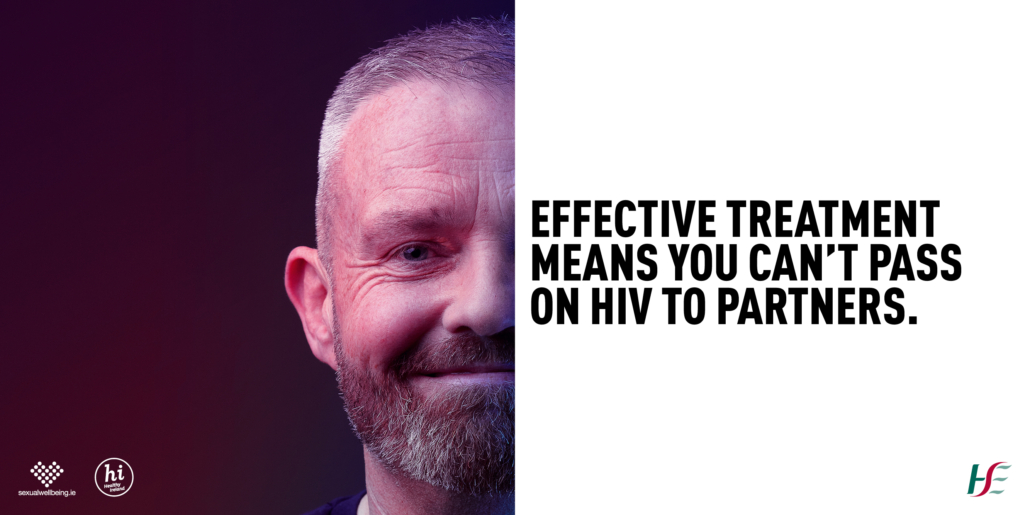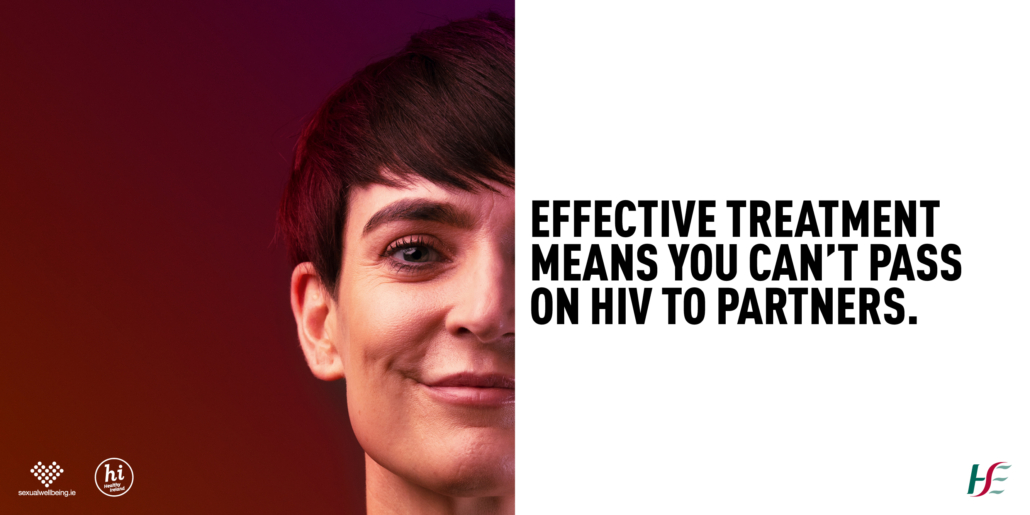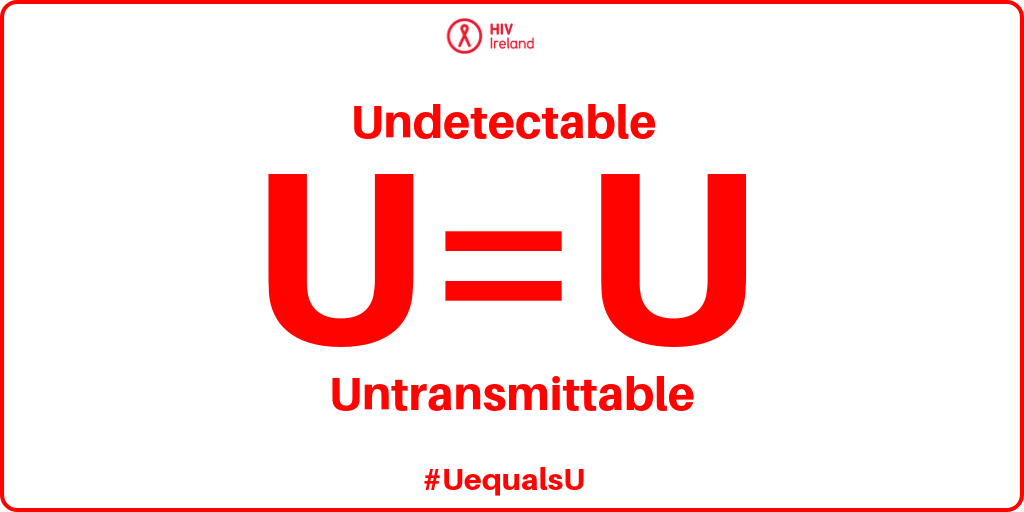Undetectable Viral Load and HIV Transmission
What is a viral load?
Viral load is the term used to describe the levels of HIV in the body at any one time. It is determined through a blood test. A higher viral load is associated with a higher risk of HIV transmission.
What is an undetectable viral load?
Without HIV medication, the viral load can be high. HIV medication stops HIV from making copies of itself, and the viral load can become so low that it is not detectable in a standard blood test. This is called having an ‘undetectable viral load’.
What does an undetectable viral load mean for HIV transmission?
Undetectable = Untransmittable (U=U)
Effective HIV treatment (or medication), and an undetectable viral load, means that the risk of HIV being passed on through sex is zero.
People living with HIV can now feel confident that having an undetectable viral load means HIV cannot be passed on to sexual partners.
This highlights the importance of access to timely HIV medication and taking the medication as directed.

The Science
A number of major studies took place to look at undetectable viral loads and the sexual transmission of HIV. The final results of the PARTNER 1 and PARTNER 2 studies were announced in 2016 and 2018, respectively. Between the two studies, 972 gay male couples and 516 heterosexual couples were recruited in which one partner had HIV and the other did not. Over the course of the studies, gay couples collectively reported having 77,000 acts of penetrative sex without condoms and the heterosexual couples reported 36,000 acts. The studies found zero cases of HIV being passed on from an HIV-positive partner who had an undetectable viral load.
In 2017, a similar study of 343 gay male couples, Opposites Attract, also found no transmissions from partners with an undetectable viral load in 17,000 acts of anal sex without a condom.
Between the three studies, no transmission of HIV from a sexual partner with an undetectable viral load was seen in nearly 130,000 acts of penetrative sex without a condom. This means the risk of acquiring HIV from someone with an undetectable viral load is statistically equivalent to zero.
The science is clear: Undetectable means Untransmittable.
So what does this mean if I am HIV-positive?
Having an undetectable viral load not only stops HIV being passed on through sex, it is also good for your health. In Ireland, and worldwide, it is now recommended that everyone diagnosed with HIV starts treatment as soon as possible. The benefits of this, such as keeping your immune system strong and preventing illness, means that people can expect to live long, healthy lives.
Can I stop using condoms?
The science is very clear about the risk of HIV being passed on through sex: if you are HIV-positive, on effective treatment with an undetectable viral load, and are having sex without condoms with someone who is HIV-negative, the risk of HIV being passed on is zero.
There are a few things to consider, however, when making a decision to stop using condoms:
- For people with HIV, it generally takes about six months after starting HIV medication for the viral load to become undetectable. It is recommended that your viral load remains undetectable for at least another six months before you decide to stop using condoms. You will get regular viral load tests at your HIV clinic and make sure to ask the nurse or doctor for the results.
- Discuss your wish to stop using condoms with your partner or partners and make sure they are comfortable with the decision. Never feel pressured to have sex without a condom if you don’t want to, and equally never pressure someone else to either.
- Having an undetectable viral load only stops HIV from being passed on. It doesn’t prevent other STIs from being passed on or acquired. Using condoms is the best way to prevent STIs such as chlamydia, gonorrhoea or syphilis.

What about other body fluids like semen, vaginal fluids and rectal fluids?
Viral load in blood and in other body fluids is usually very similar. Scientists have found that HIV treatment that leads to an undetectable viral load in the blood also normally leads to an undetectable viral load in semen, vaginal, and rectal fluids. Occasionally people have undetectable HIV in the blood and have low levels of HIV in other body fluids, and very rarely at levels where HIV can be passed on. This is most common soon after starting HIV treatment and hardly seen after a year or more of an undetectable viral load in the blood.
Does U=U apply to other routes of HIV transmission (non-sexual)?
Pregnancy: If an undetectable viral load is maintained during pregnancy, the risk of HIV being passed on to baby is just 0.1%, or one in a thousand.
Breastfeeding: an undetectable viral load significantly reduces, but does not eliminate the risk of HIV being passed on through breast milk. In Ireland, where safe alternatives exist (such as clean water and sterilising equipment), women living with HIV, regardless of ART and infant post exposure prophylaxis, are advised to exclusively bottle feed baby with formula milk.
Sharing Drug Using / Injecting Equipment: If you use injection drugs (including steroids or hormones) and share needles or other equipment, taking HIV treatment and having an undetectable viral load reduces the risk of HIV being passed on, but we don’t know by how much. There is not yet enough research. The best way to prevent acquiring, or passing on, HIV is not to share needles or other drug using equipment.

